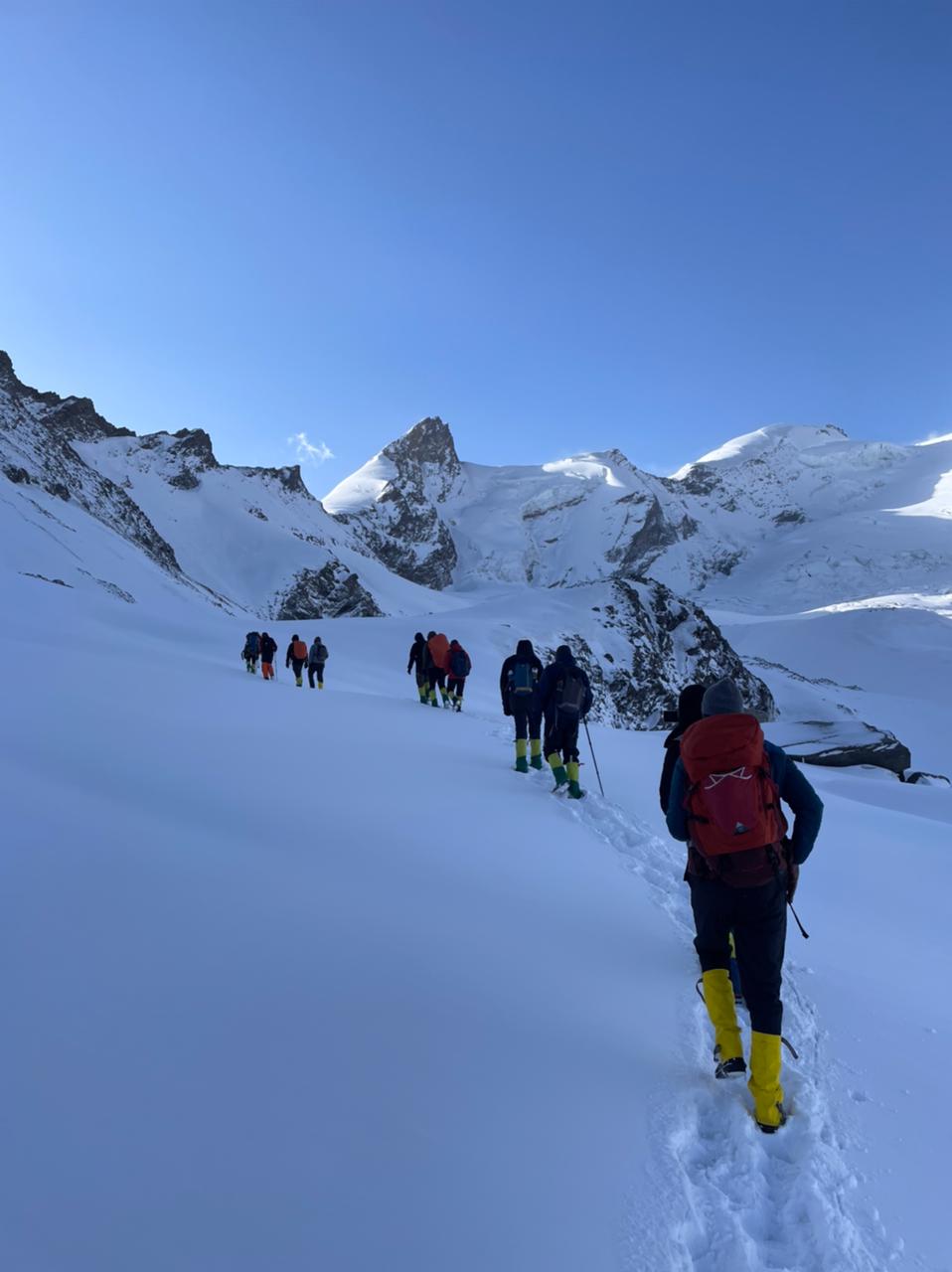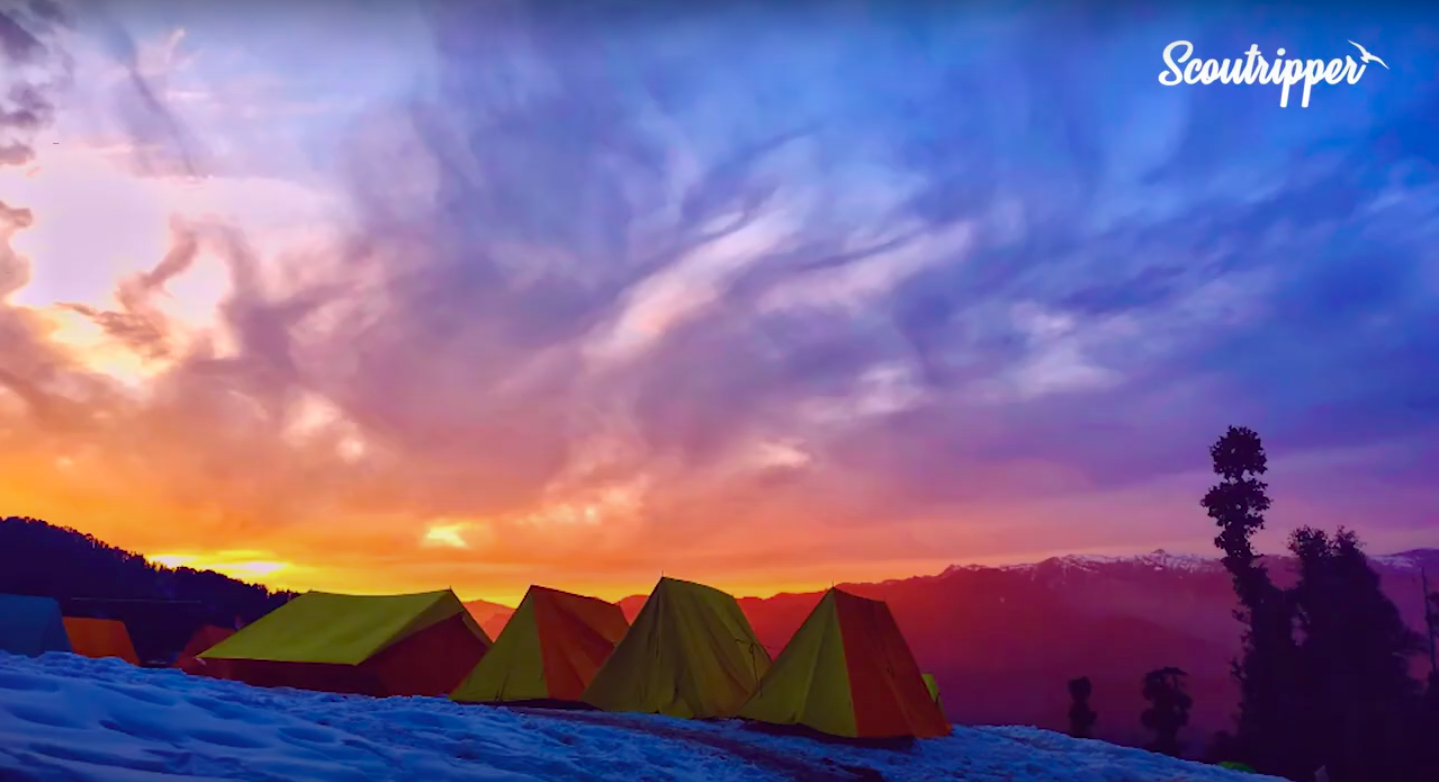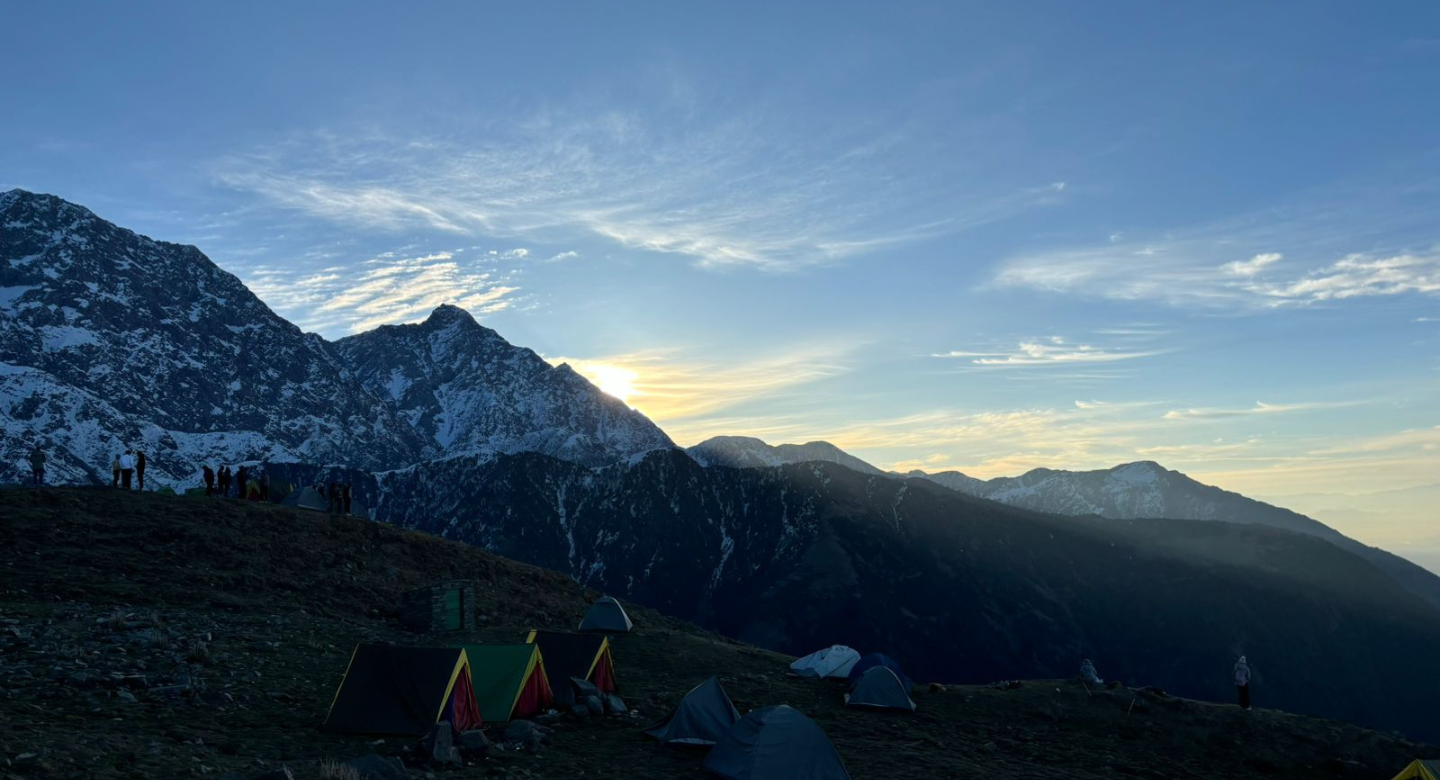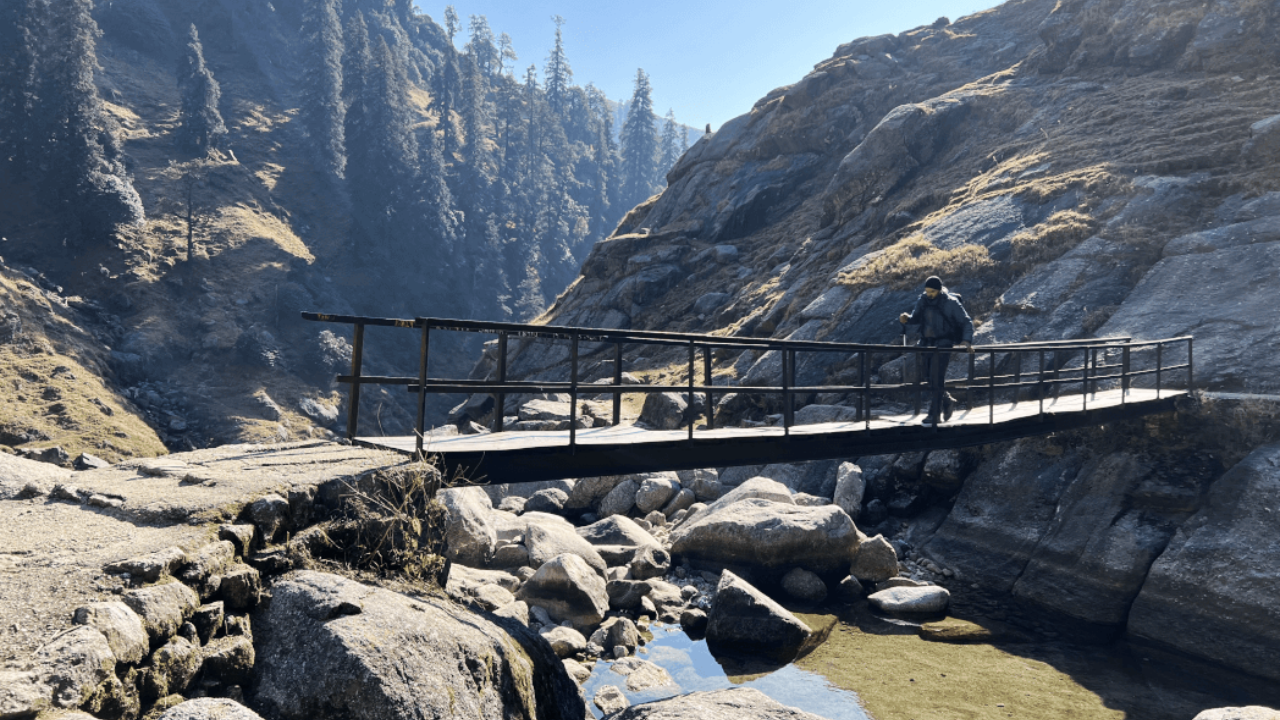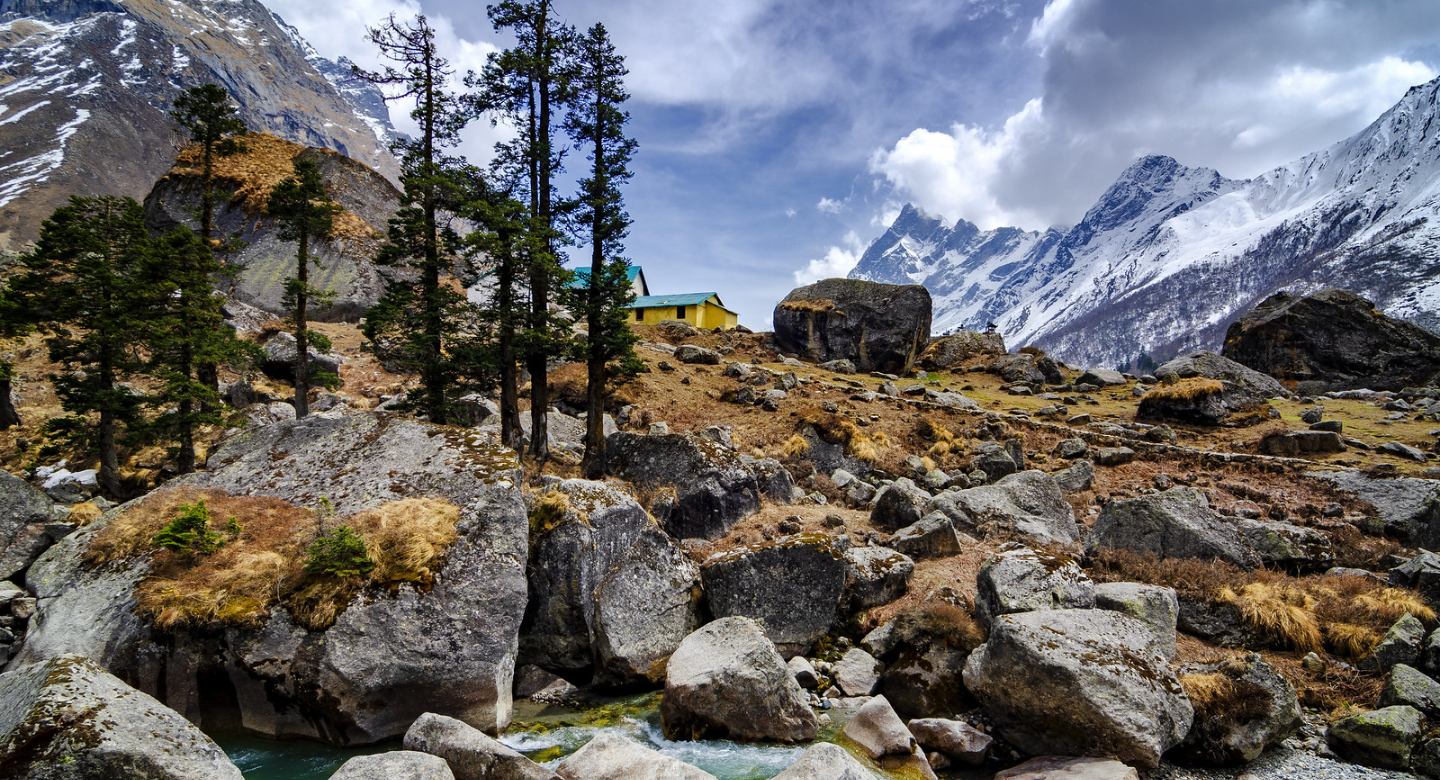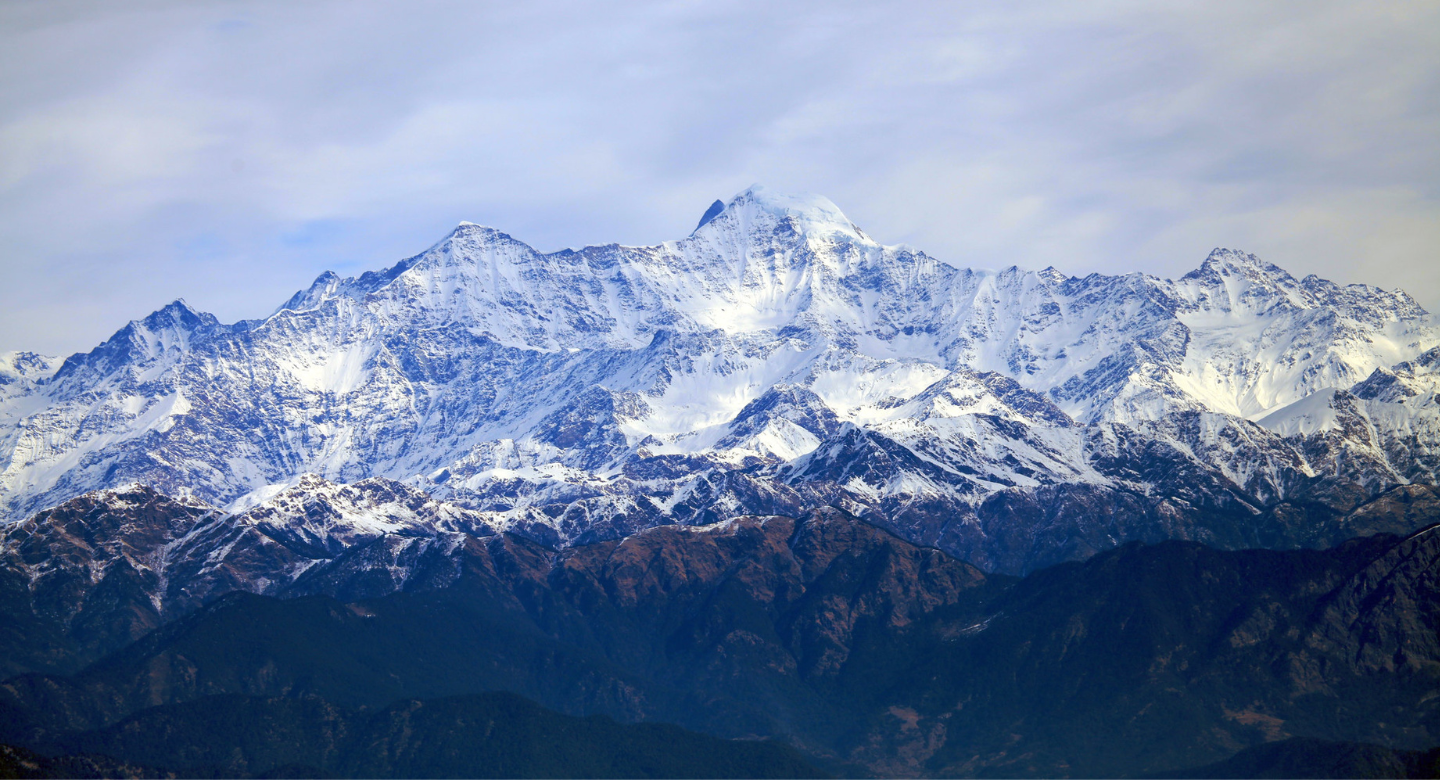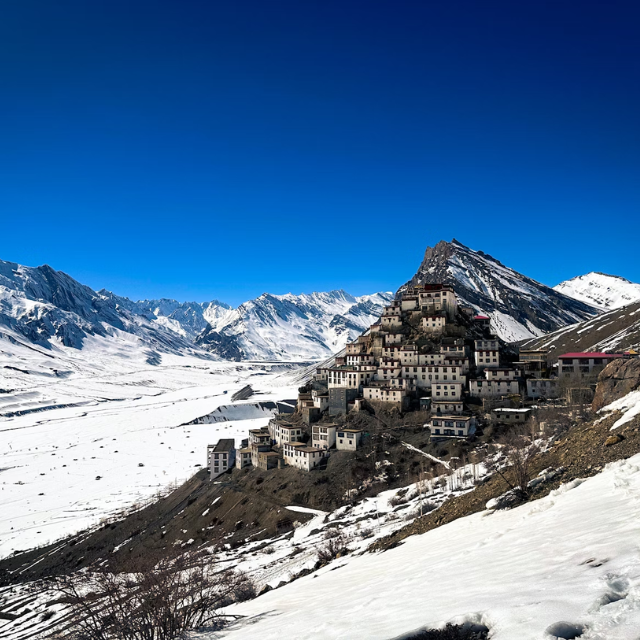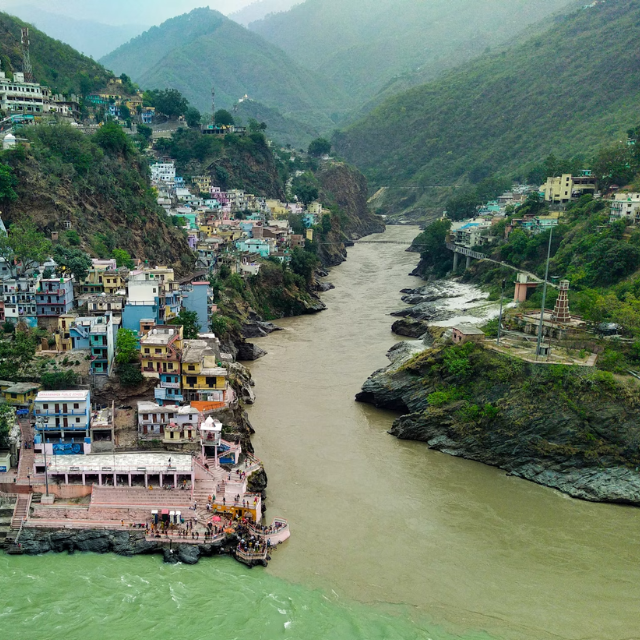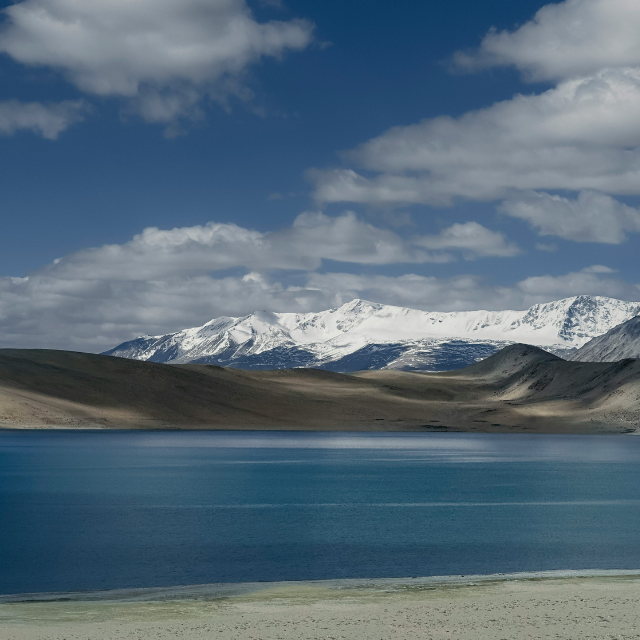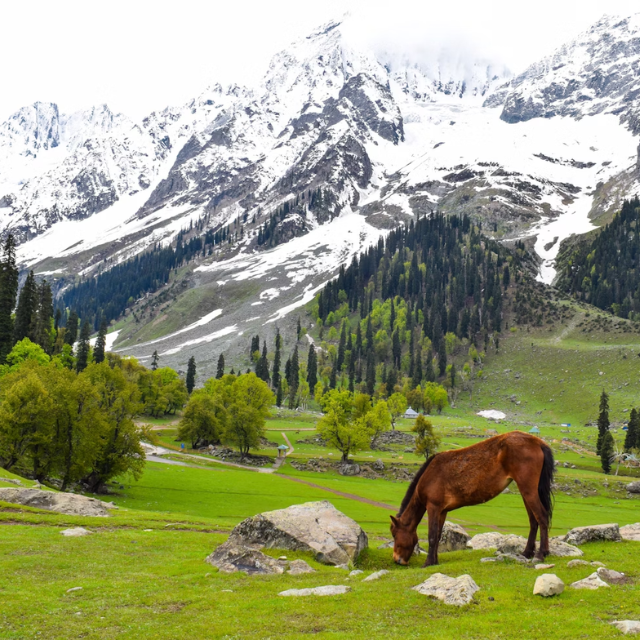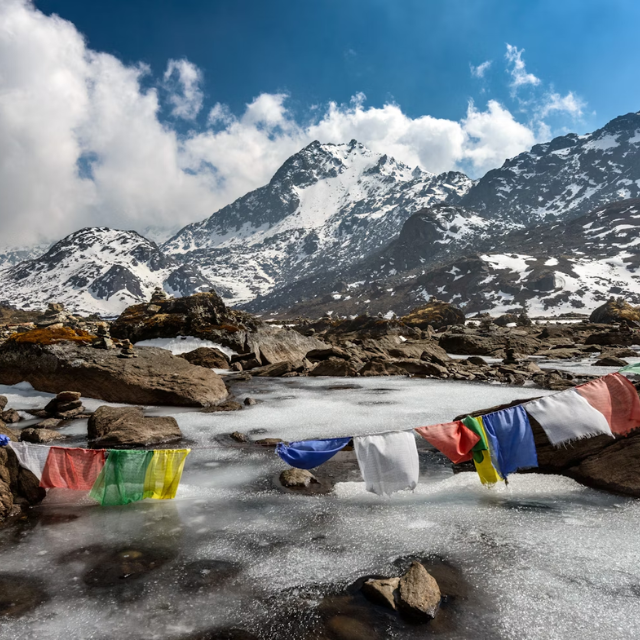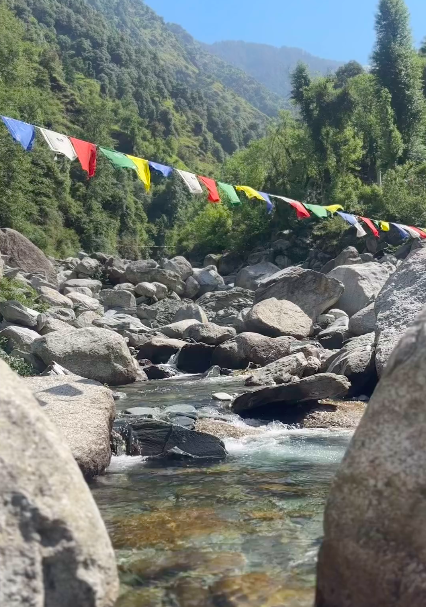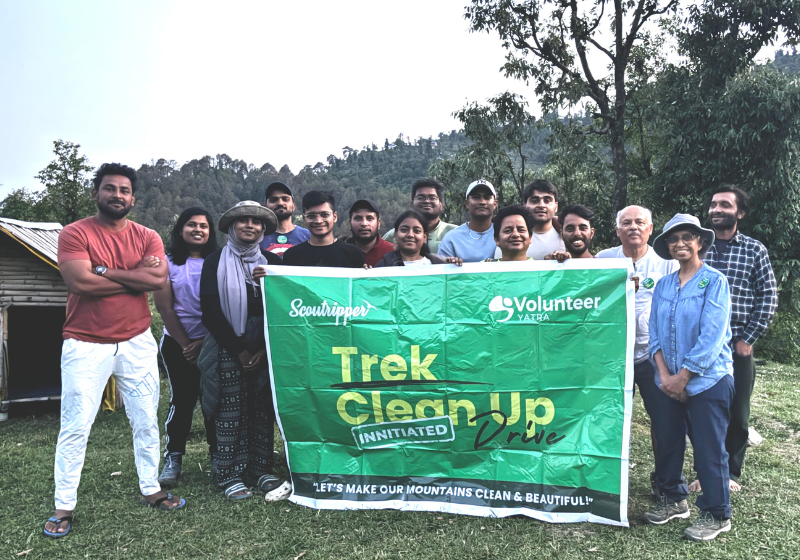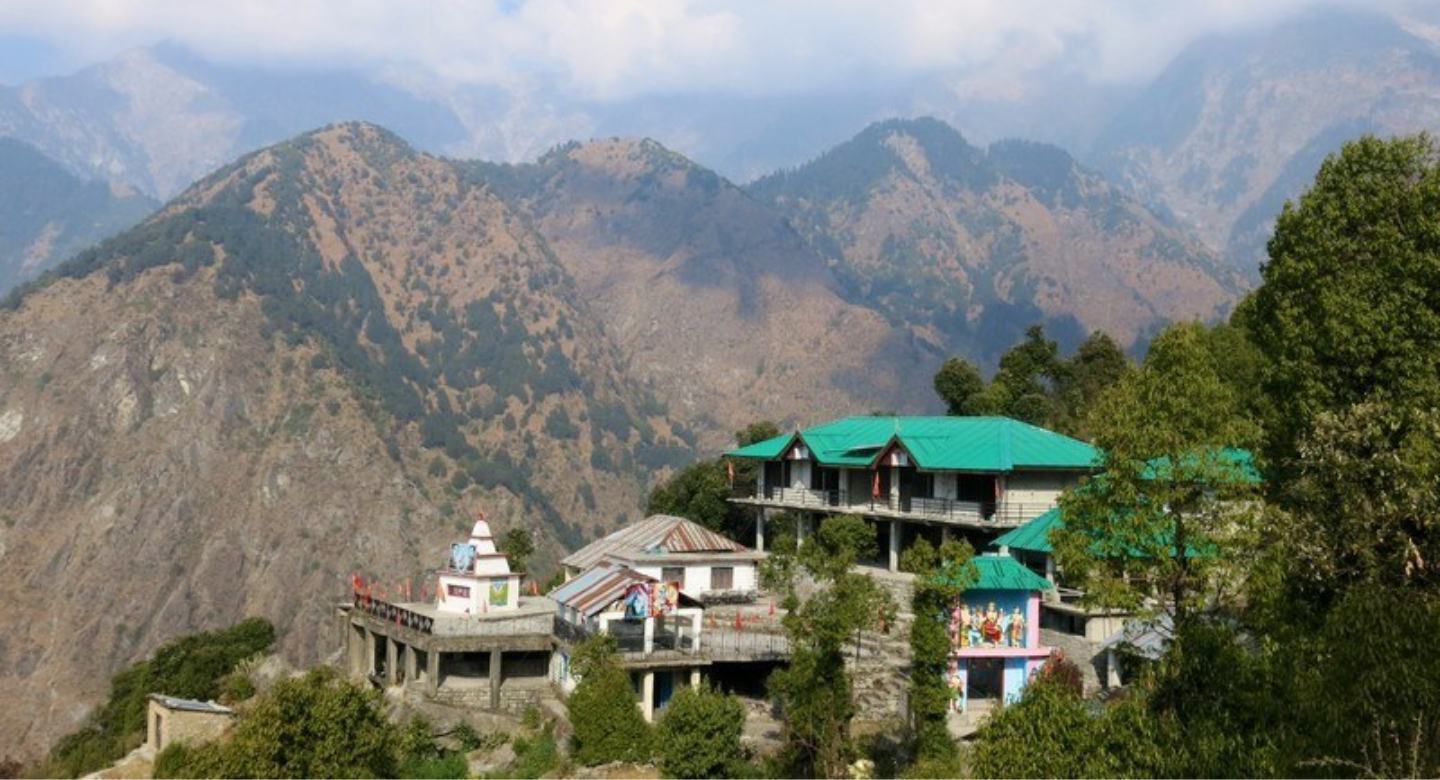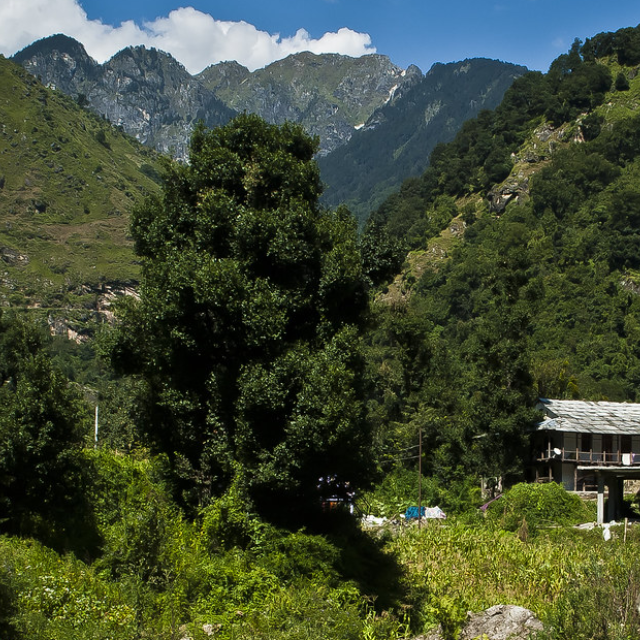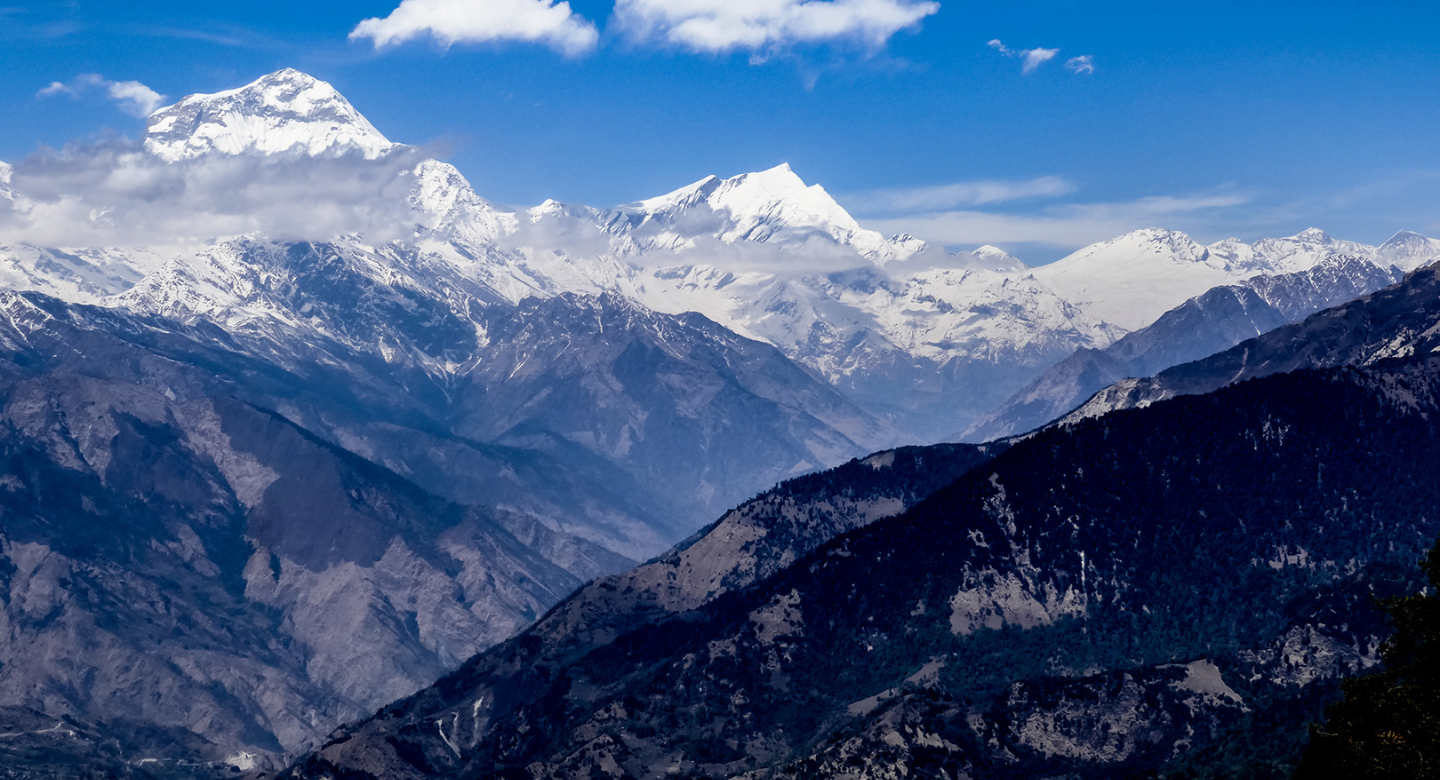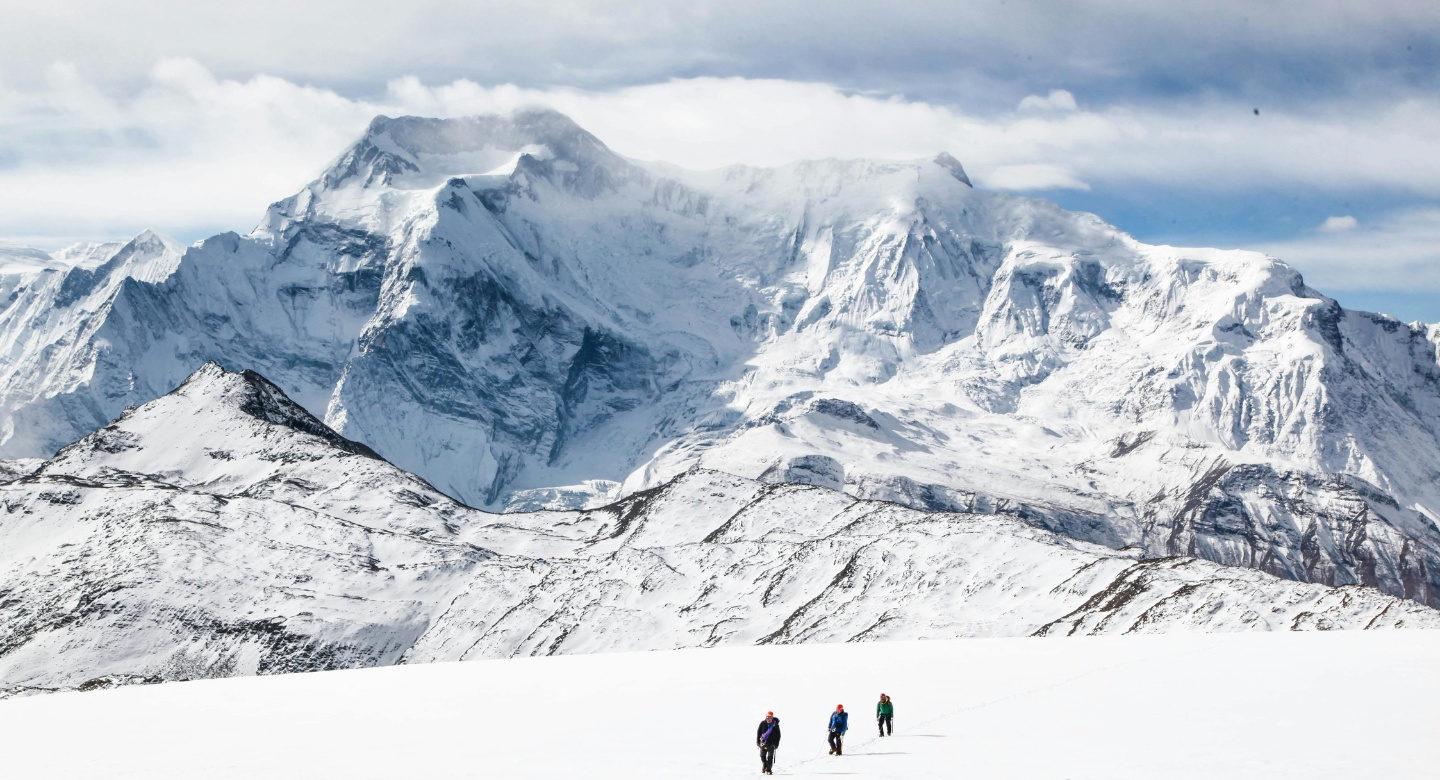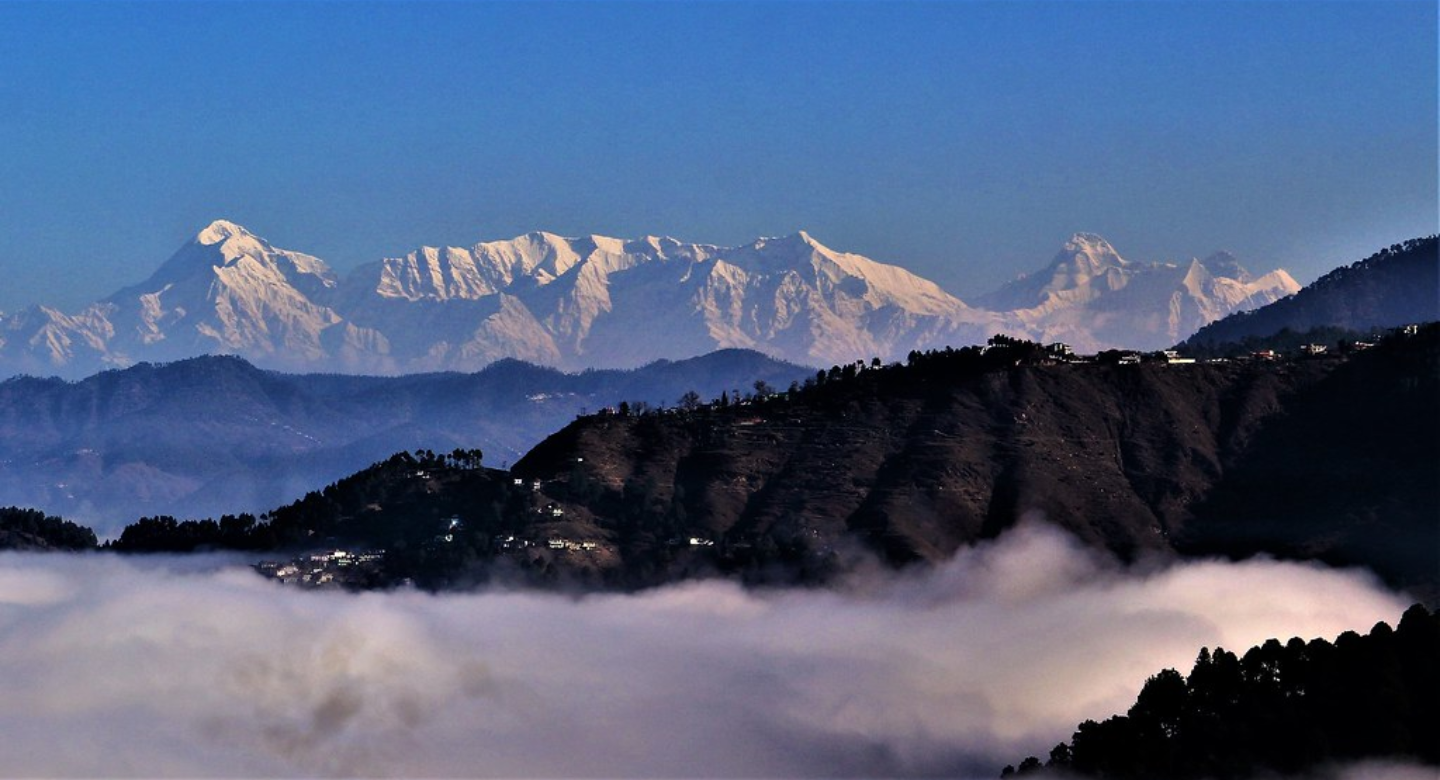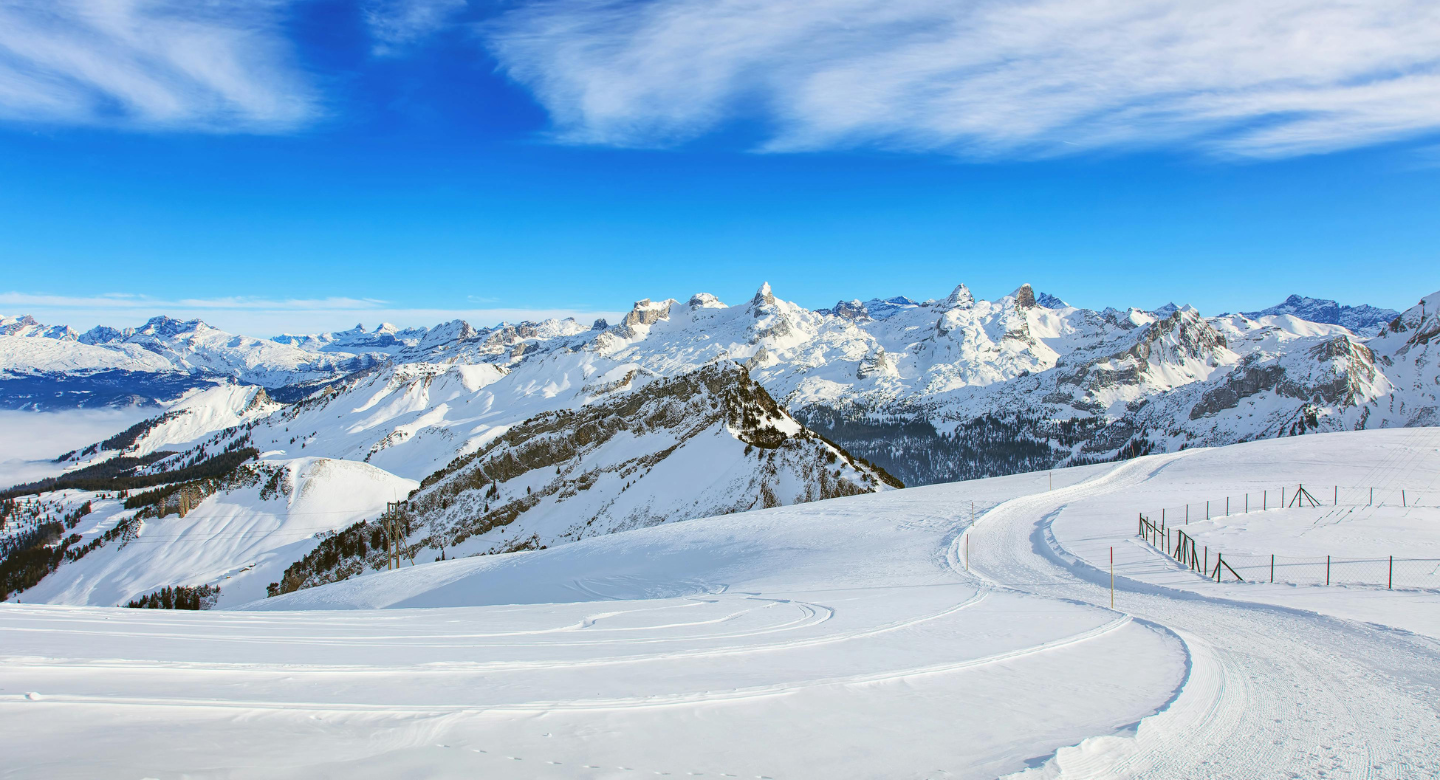
Trekking Community
Don't Take Trips, Choose Experience
Featured Treks
Handpicked Treks for the Ultimate Experience
Popular Destinations
Discover a curated selection of the India's most sought-after destinations


Eco-Friendly Support

Safety Of Experience
Explore Distinctive Environments
Scenic, Serene, and Tailored for Your Trekking Experience
Stories from Our Adventurers
Hear What Our Trekkers Have Experienced.
Your Journey Begins with the Right Tools
Unlock smarter trekking & travel with Scoutripper’s AI-powered tools — find the perfect trek, plan your dream trip, and make confident choices, all in minutes.


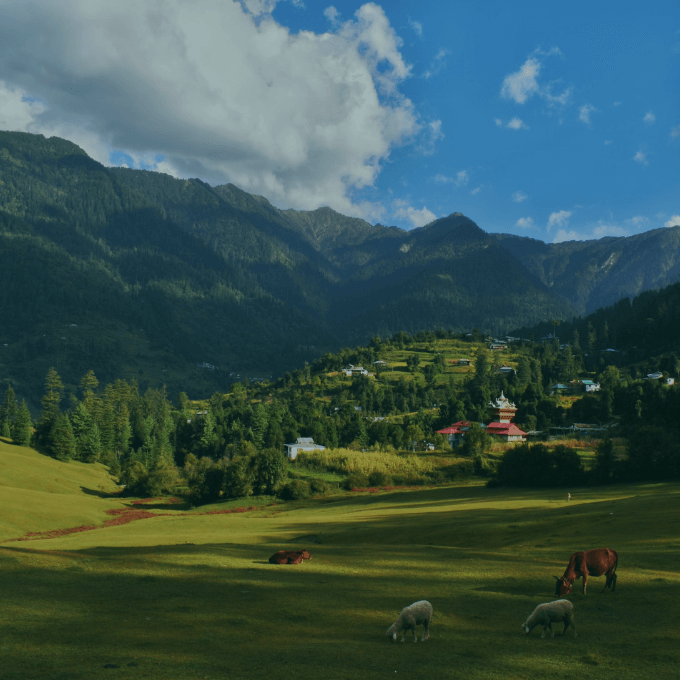
Get inspiration for your next trip
Experience the nature with our words.
Frequently Asked Questions
Scoutripper is an adventure-focused travel platform dedicated to bringing unforgettable trekking and outdoor experiences to explorers of all levels. We specialize in organizing curated treks, expeditions, and nature-based adventures in some of the most breathtaking landscapes, primarily in the Indian Himalayas. Our mission is to connect adventurers with nature through guided experiences that are safe, eco-friendly, and authentic, helping people discover the joy of trekking and the beauty of the wilderness.
Whether you're a first-time trekker or a seasoned adventurer, Scoutripper offers personalized itineraries and professional guidance to make every journey memorable.
At Scoutripper, we offer more than just trekking trips—we provide personalized, immersive adventure experiences designed for explorers of all skill levels. What makes us unique is our commitment to:
Tailored Experiences: We curate treks that cater to both beginners and seasoned adventurers, ensuring every trip is a perfect fit for the participant's ability and interests.
Sustainability Focus: We prioritize eco-friendly practices, minimizing our environmental impact and promoting responsible travel that supports local communities and ecosystems.
Expert Guidance: Our team consists of experienced local guides and trek leaders who not only ensure safety but also share their deep knowledge of the regions, enhancing the overall experience.
Cultural Immersion: We go beyond the trails, offering cultural experiences that allow trekkers to connect with the local traditions, people, and history of the places they explore.
Safety First: With a strong emphasis on safety, we meticulously plan each trek to ensure a secure, enjoyable adventure for every participant.
Scoutripper stands out by offering adventure with a purpose—combining exploration, education, and conservation in every journey.
You can reach Scoutripper's customer support through multiple channels:
Email: Send us an email at hello@scoutripper.com, and our team will get back to you within 24 hours.
Phone: Call our customer support team at +91-9888454430 for immediate assistance during our business hours.
Social Media: You can also message us directly on our Instagram or Facebook pages for quick responses.
We are here to assist you with any questions, trip inquiries, or issues you may have!
Scoutripper is based in Chandigarh, India, with our operations primarily centered in the Himalayan region. While our office is in Chandigarh, our trekking and adventure experiences span across various breathtaking locations, from Himachal Pradesh to Uttarakhand and beyond. We aim to bring the beauty of the mountains closer to you, no matter where you're based.
For specific queries or visits, feel free to contact us, and we'll be happy to assist!
At Scoutripper, we understand that plans can change, and we aim to offer a fair and flexible refund policy for our customers. Our refund policy is as follows:
- Full Refund: If you cancel your booking more than 30 days before the scheduled trek, you will receive a full refund.
- Partial Refund: Cancellations made between 15 to 30 days prior to the trek will be eligible for a 50% refund.
- No Refund: Unfortunately, we are unable to offer refunds for cancellations made less than 15 days before the trek, as we have already committed resources for the trip.
- Trip Rescheduling: If you need to reschedule your trek due to unforeseen circumstances, you can do so without a fee if the request is made 20 days in advance. Rescheduling requests made closer to the trek date may incur additional charges.
Please note that the refund process may take up to 7 business days to reflect in your account. For any concerns or special cases, feel free to contact us at hello@scoutripper.com, and we’ll be happy to assist!
At Scoutripper, we’re here to help!
Whether you have questions about our treks, experience, or initiatives, feel free to reach out to us on Whatsapp directly.
We’re happy to clear any doubts and guide you on your journey with us!


